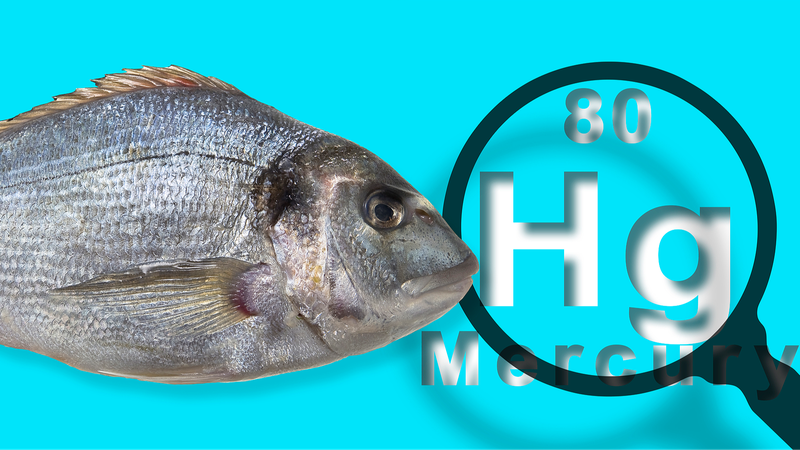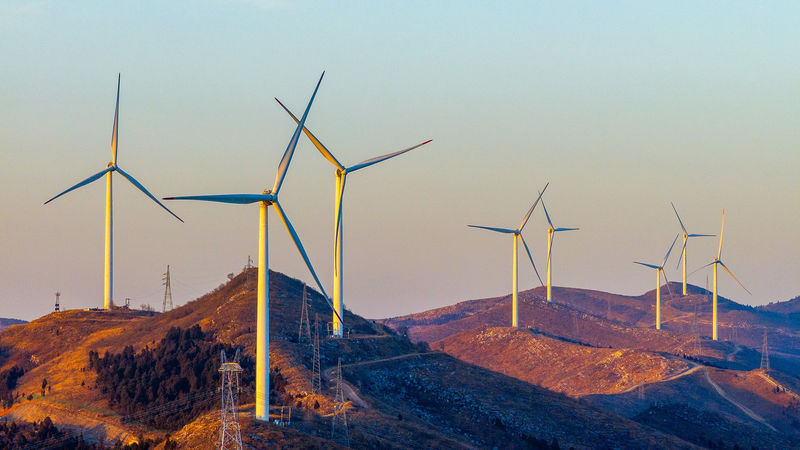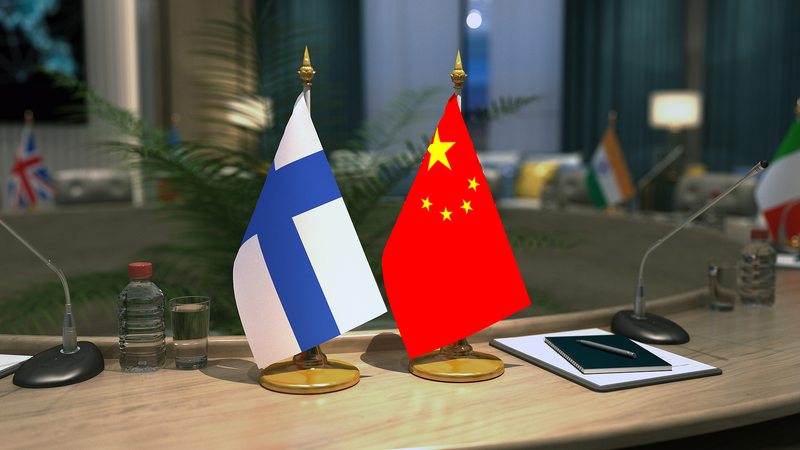Heads up, #OceanLovers! A fresh study in Nature Sustainability warns that human activity and climate change are flipping the switch on mercury release from our coastal sediments – think of the muddy zone just off the shore that holds tonnes of mercury. 🌊☠️
Mercury is a heavy metal that, when it seeps into water, can hitch a ride up the food chain. That means tiny plankton pick it up, fish eat the plankton, and eventually bigger predators (and us!) can be in danger. 😱 Especially for coastal communities in South Asia and Southeast Asia – whether you’re snacking on grilled fish in Bangkok or sipping coconut water on the shores of Goa, this impacts all of us.
So how fast is mercury escaping? According to researchers from the Chinese mainland’s Peking University (with collaborators from the United States, the United Kingdom, and the Netherlands), warming waters and changing ocean chemistry are loosening the grip of sediments on mercury. In simple terms, as the Earth heats up from greenhouse gases and other human-driven changes, the seabed is letting go of more mercury into the water. 🌡️🔥
Why it matters:
- Health risks: Mercury can harm the brain and nervous system, especially in young people and pregnant women.
- Food security: Many of us rely on seafood; higher mercury means more risk in our daily catch.
- Ecosystem balance: From coral reefs in the Andaman Sea to mangroves in the Mekong Delta, diverse marine life faces new stress.
Wondering what we can do? It starts on shore. Cutting down on coal and supporting clean energy, demanding tighter pollution rules, and raising awareness on social media all make a difference. 📱🌍
Next time you scroll through beach pics or plan a weekend snorkel in Bali, remember the hidden mercury drama beneath the waves. Staying informed is step one – share this with your squad and let’s keep our oceans safe! 🌟
Reference(s):
Scientists warn of mercury threat in ocean due to human activity
cgtn.com




